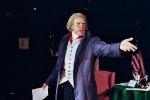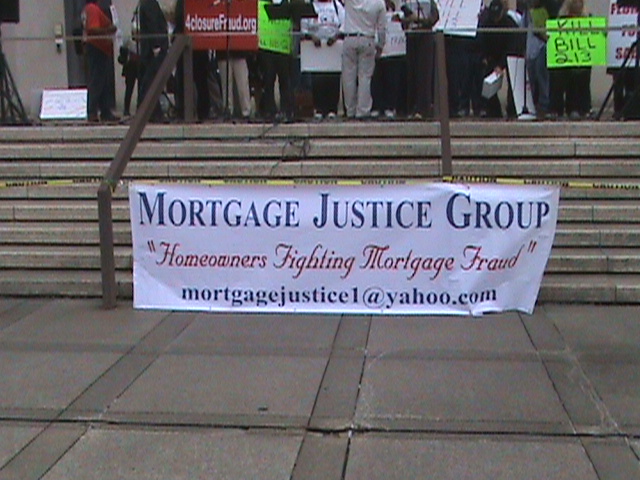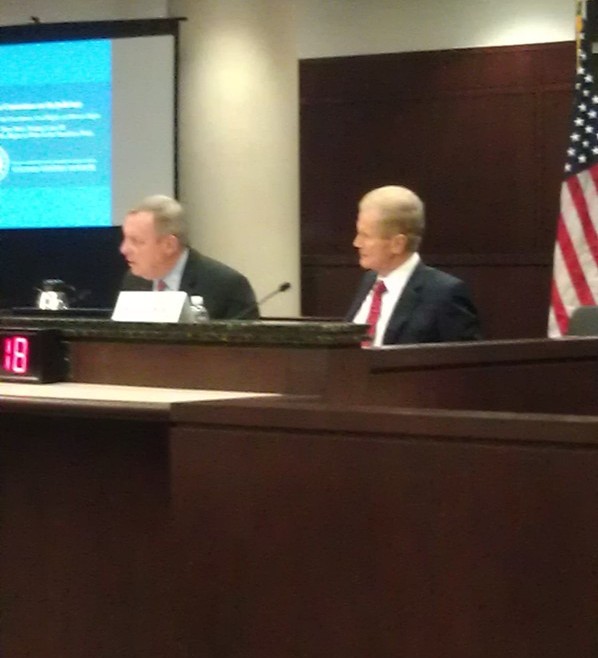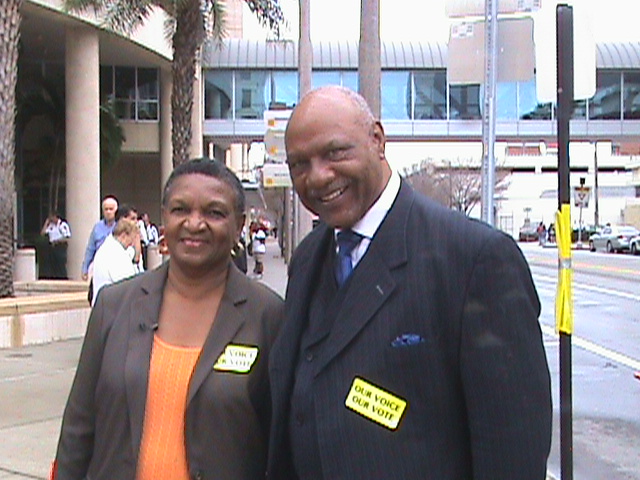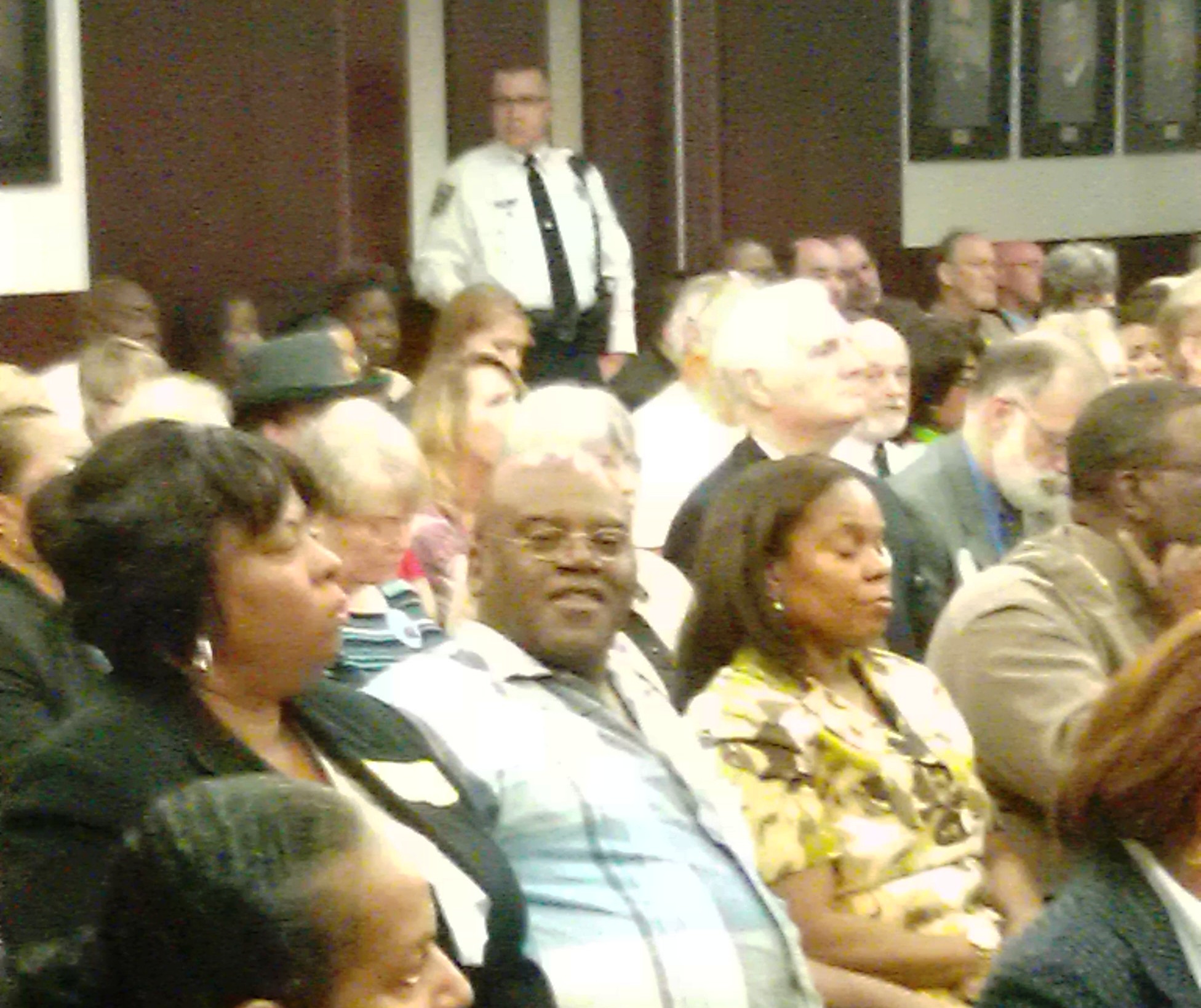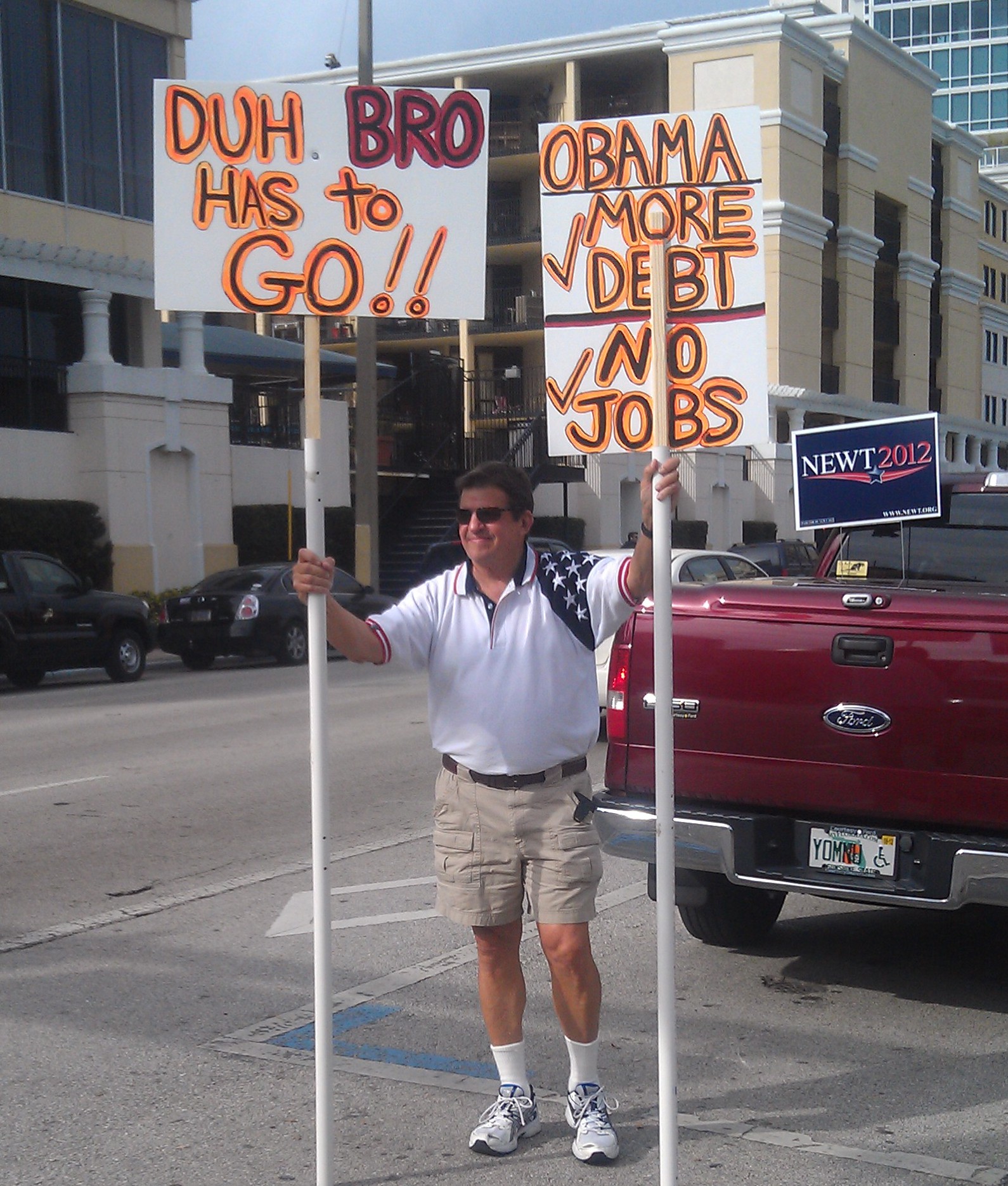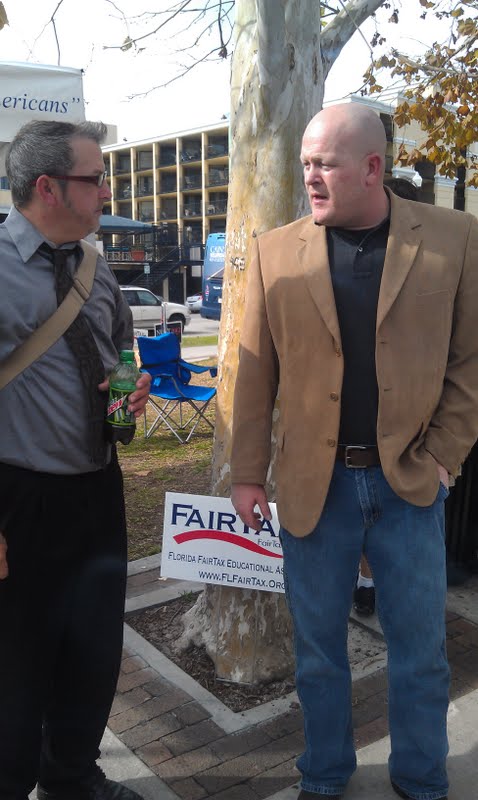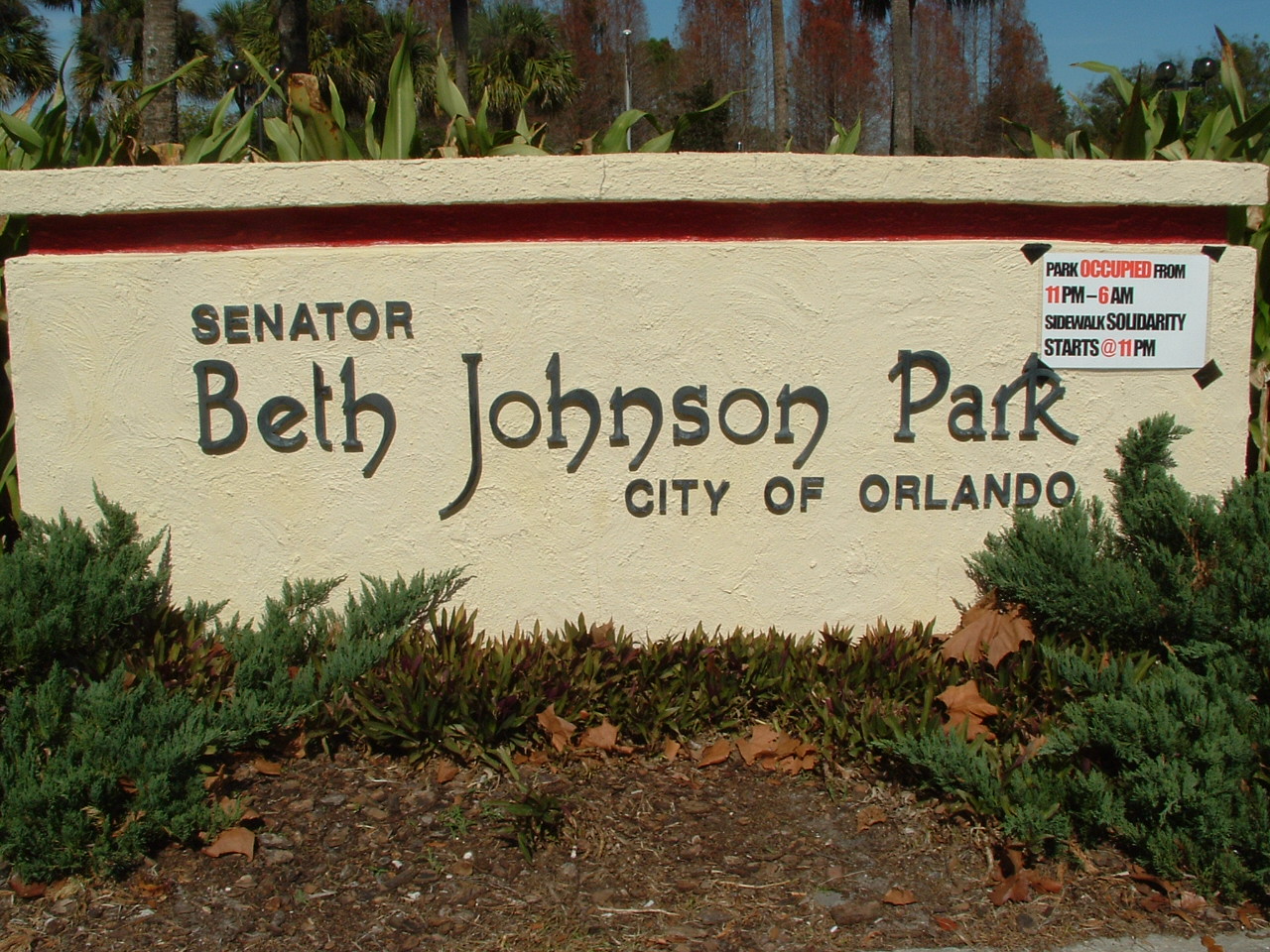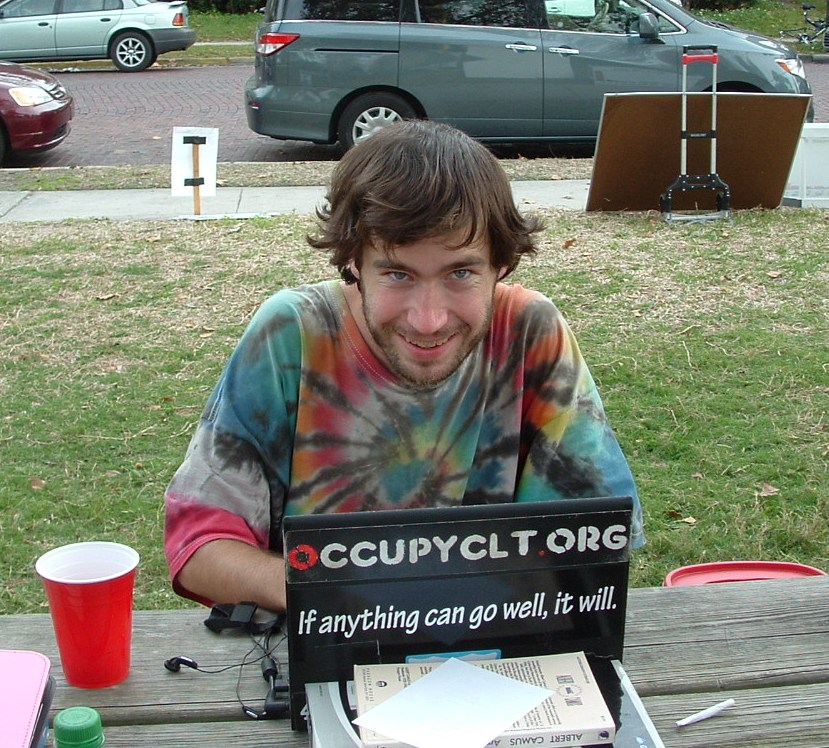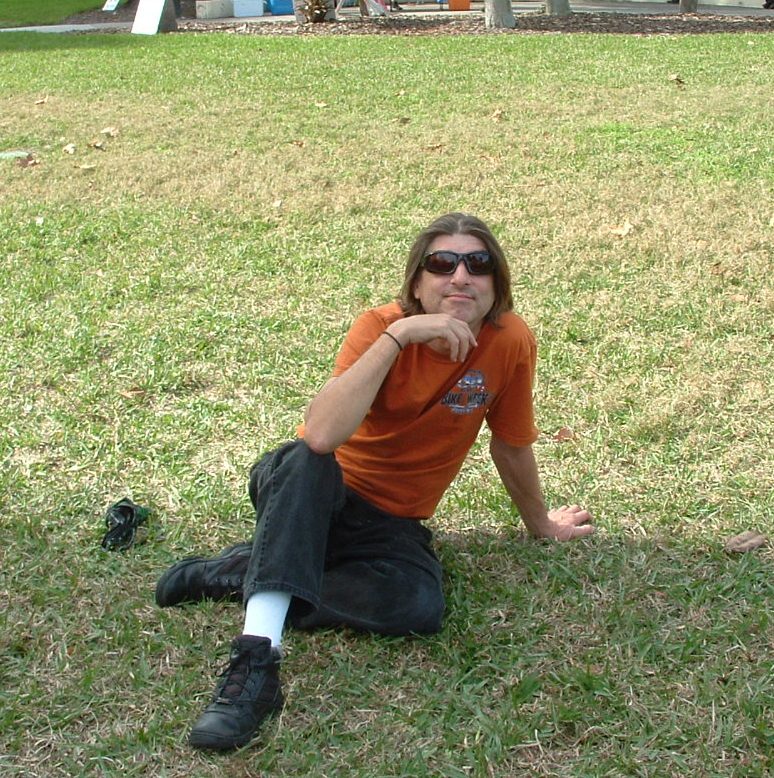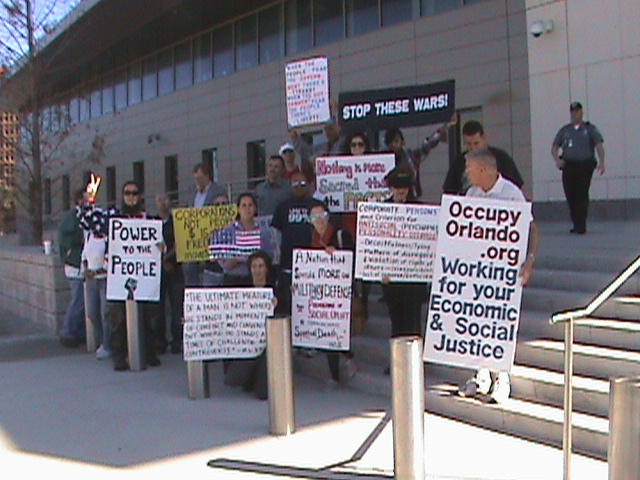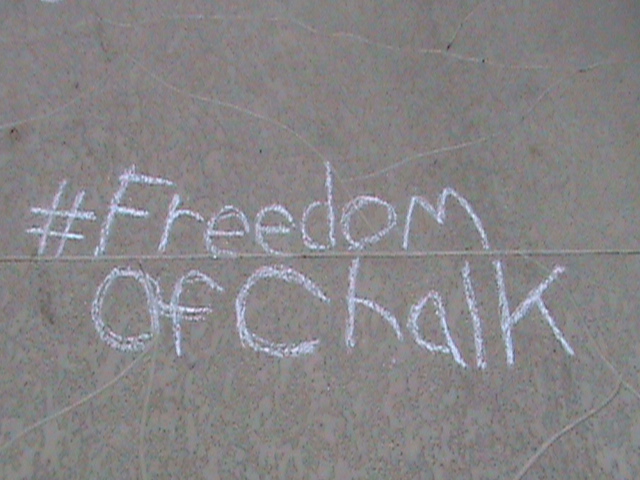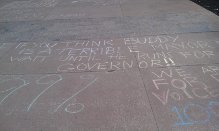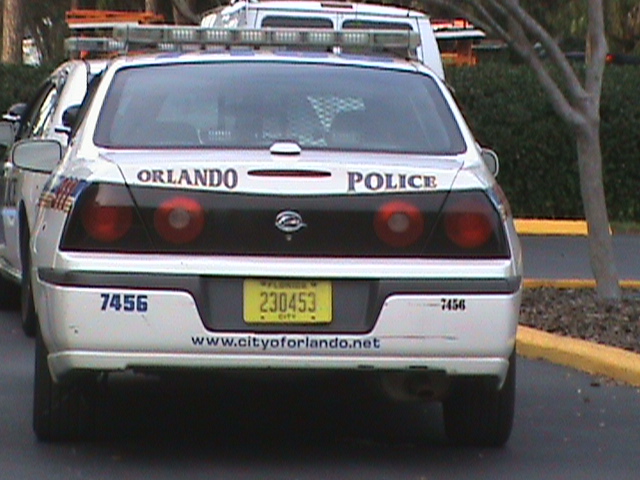By Jerry Waxman
I’ve been blessed over the years to have worked with some incredible talent on stage, whose ability to communicate holds me in awe. J. D. Sutton is a gifted actor who, for two hours, so completely commands your attention, you don’t realize the time has elapsed. Back in 1998 my wife saw his original 45 minute performance of Twilight at Monticello at Chapters Book Store which included dinner. She immediately called me and said “this is a play you’ve got to produce.” I called J.D. and we hit it off immediately. We were both from Philadelphia, the Cradle of Liberty, and we were age and education contemporaries. We got together and discussed expanding the play to two acts. We reworked the play and rehearsed for what seemed forever. Our scene shop built him what looked like an exact duplicate of the Monticello room. I booked him to open a week before July 4th with a special performance on that day. We ran for five weeks and J.D. and I were able to pay a few of our bills (not all) from the profits.
Twilight at Monticello is set in the spring of 1821. Jefferson died on July 4th 1826 as did John Adams, 50 years to the day after the popular version of the signing of the Declaration of Independence and the beginning of the American Revolution. He is getting on in years and is recovering nicely after an autumn and winter suffering from ill health. Since he’s now feeling pretty chipper he has invited you into his home to explain his life and career while he still can. He’s been pretty active since January writing his autobiography and finalizing the campus of the University of Virginia. He has not yet found out about his poor finances due in part to the Depression of 1819. He’ll learn about that later in the year. During the course of the evening Mr. Jefferson talks about his life, loves, his long career, his close associations, his inventions and what he believes to be his greatest failures as well as his greatest accomplishments. Oddly enough, he didn’t consider his political career to be a worthy accomplishment; he felt that it was a duty and responsibility that all citizens should take part in. The hook in the evening is at the end of the performance when Sutton, still in character, dressed as Mr. Jefferson will take questions from the audience. You will be astounded at the facility and ease with which your questions will be answered. After a few minutes Sutton comes back on stage sans costume and answers the questions you REALLY want answered (you know where I’m going with this). This two hour evening is well worth it.
A few years ago during the 2008 campaign I received an e-mail from J.D reminding me that Jefferson only won the 1800 election by one vote, and it was cast in the House of Representatives due to a tie in the Electoral College. Can you imagine what this country would look like today, or if we would even be here today had John Adams (the Royalist) or Aaron Burr won in 1800? I shudder to think of the consequences. Since it was also an election year Sutton included Jefferson’s stated Principles of Government from his first inaugural address on March 4, 1801:
Essential Principles of Government
Friends and Fellow-Citizens:
Called upon to undertake the duties of the first executive office of our country, it is proper that you should understand what I deem to be the essential principles of our Government, and consequently those which ought to shape its Administration.
~ Equal and exact justice to all men, of whatever state or persuasion, religious or political;
~ Peace, commerce, and honest friendship with all nations, entangling alliances with none;
~ The support of the State governments in all their rights, as the most competent administrations for our domestic concerns and the surest bulwarks against anti-republican tendencies;
~ The preservation of General Government in its whole constitutional vigor, as the sheet anchor of our peace at home and our safety abroad;
~ A jealous care of the right of election by the people – a mild and safe corrective of abuses which are lopped by the sword of revolution where peaceable remedies are unprovided;
~ Absolute acquiescence in the decisions of the majority, the vital principle of republics, from which is no appeal but to force, the vital principle and immediate parent of despotism;
~ A well-disciplined militia, our best reliance in peace and for the first moments of war till regulars may relieve them;
~ The supremacy of the civil over the military authority;
~ Economy in the public expense, that labor may be lightly burthened by taxation;
~ The honest payment of our debts, and sacred preservation of the public faith;
~ Encouragement of agriculture, and of commerce as its handmaid;
~ The diffusion of information and arraignment of all abuses at the bar of public reason;
~ Freedom of religion;
~ Freedom of the press;
~ And freedom of person under the protection of the habeas corpus;
~ And trial by juries impartially selected.
These principles form the bright constellation which has lighted our way, and guided our steps through an age of revolution and reformation. The wisdom of our sages and the blood of our heroes has been devoted to its attainment. They should be the creed of our political faith, the text of our civic instruction, the touchstone by which to try the services of those we trust. And should we wander from them in moments of error or alarm, let us hasten to retrace our steps, and to regain that road which alone leads to peace, and liberty, and safety.
Since that initial presentation J.D. has taken the show to many places including performances for the Heritage Foundation, RNC, DNC as well as the ACLU. Every citizen, no matter what their political leaning, has a lot to learn from this encounter. He has been praised for his work by both theater critics and political pundits. The Orlando Sentinel said “you won’t see a better rendition on stage of the man from Monticello than this” and the quote from Carpenters Hall at Independence National Historic Park was “an exceptional evening presented by an exceptional actor.”
Twilight at Monticello, an Encounter with Thomas Jefferson will be presented by Hillsborough Community College, Ybor City Performing Arts Bldg., E. Palm Ave. and North 14th St. Tampa. There are two performances Thurs, March 1 and Sat, March 3 at 7:00 PM. Tickets are: General Admission $10.00, Students and Seniors $5.00. There are no reservations and tickets are sold on a first come, first serve basis.
Hillsborough Community College is also presenting in the same series Richard Coppinger in Clarence Darrow, My Life on Wed, Feb 29 and Fri, Mar 2.
